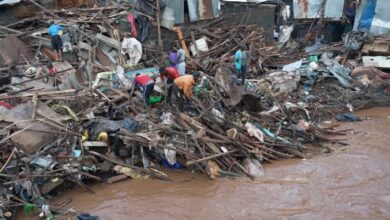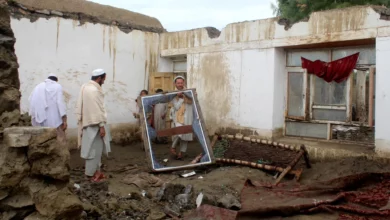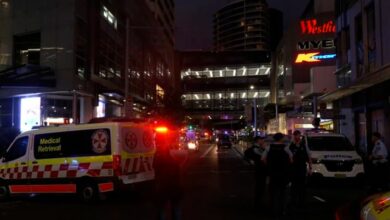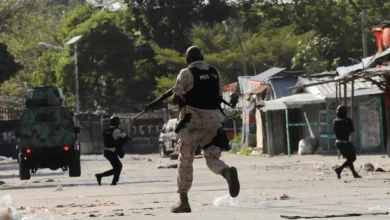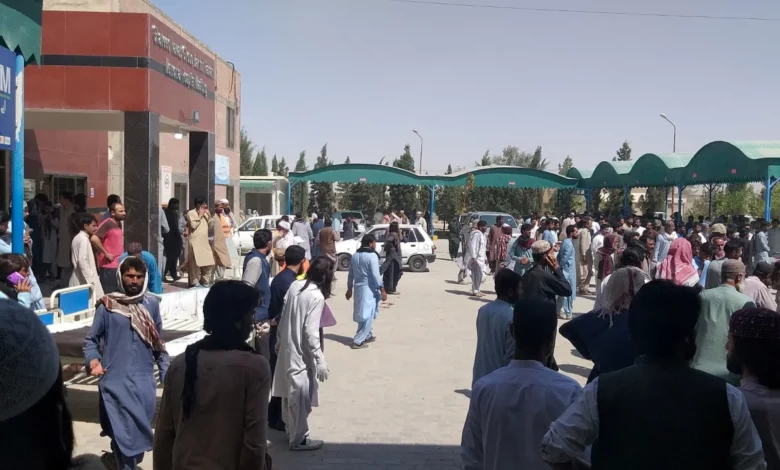
A further 50 were wounded by the explosion at a religious procession in the Mastung district of the southwestern Balochistan province, Assistant Commissioner Atta Ul Munim told CNN on Friday.
Hours later, a separate blast took place during Friday prayers at a mosque near Peshaway City in the northwestern Khyber Pakhtunkhwa province, killing at least four people and injuring 11. The explosion caused the roof of the mosque to collapse, but it was not clear how many people remained inside.
No group has yet claimed responsibility for either of the explosions, which struck during a restive period in Pakistan, as it has weathered a surge of militant attacks in the buildup to general elections being held in January.
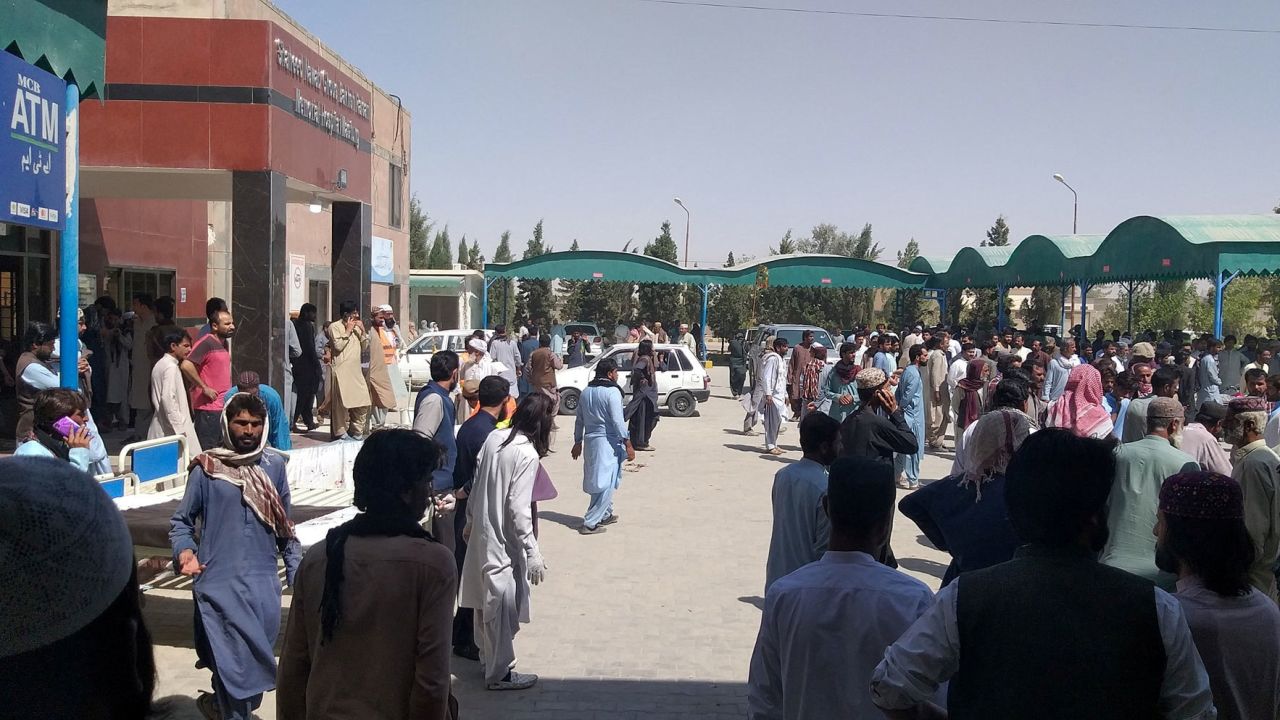
The first blast, in Mastung, occurred around midday local time. A video shared by a local resident showed dozens of people gathering to mark the birth of the Prophet Mohammad, before a large explosion tore through the procession.
Ul Munim confirmed to CNN that the explosion was a suicide attack, and said that a senior police officer – who was killed in the explosion – had been the target.
The critically injured were transferred to hospitals in the regional capital of Quetta, while others were treated at the local hospital in Mastung, he said.
The information minister of the province, Jan Achakzai, told CNN the bodies of the victims were also moved to a hospital. He warned that he expected the number of casualties to rise.
Pakistan’s caretaker Prime Minister Anwar-ul-Haq Kakar strongly condemned the blast.
“The Prime Minister expressed his condolences to the families of those who died in the blast,” a statement from his office said. “Prime Minister’s prayers for forgiveness for the deceased and patience for the families.”
The shockwaves from the blast have been felt far from Mastung. Police in Karachi – some 600 kilometers (370 miles) from the site of the first explosion – were put on “high alert” in the wake of the attack, a statement from the inspector general said.
Balochistan, Pakistan’s largest province by area, has witnessed a spate of attacks in recent months, fueled by a decades-long insurgency by separatists who demand independence from the country, angered by what they say is the state’s monopoly and exploitation of the region’s mineral resources.
Last month, an attack on Chinese engineers in Balochistan was thwarted by Pakistan’s military, leaving two militants dead and the Chinese workers unharmed, according to police.
In March this year, at least nine police officers were killed and 11 others injured in a suspected suicide blast.
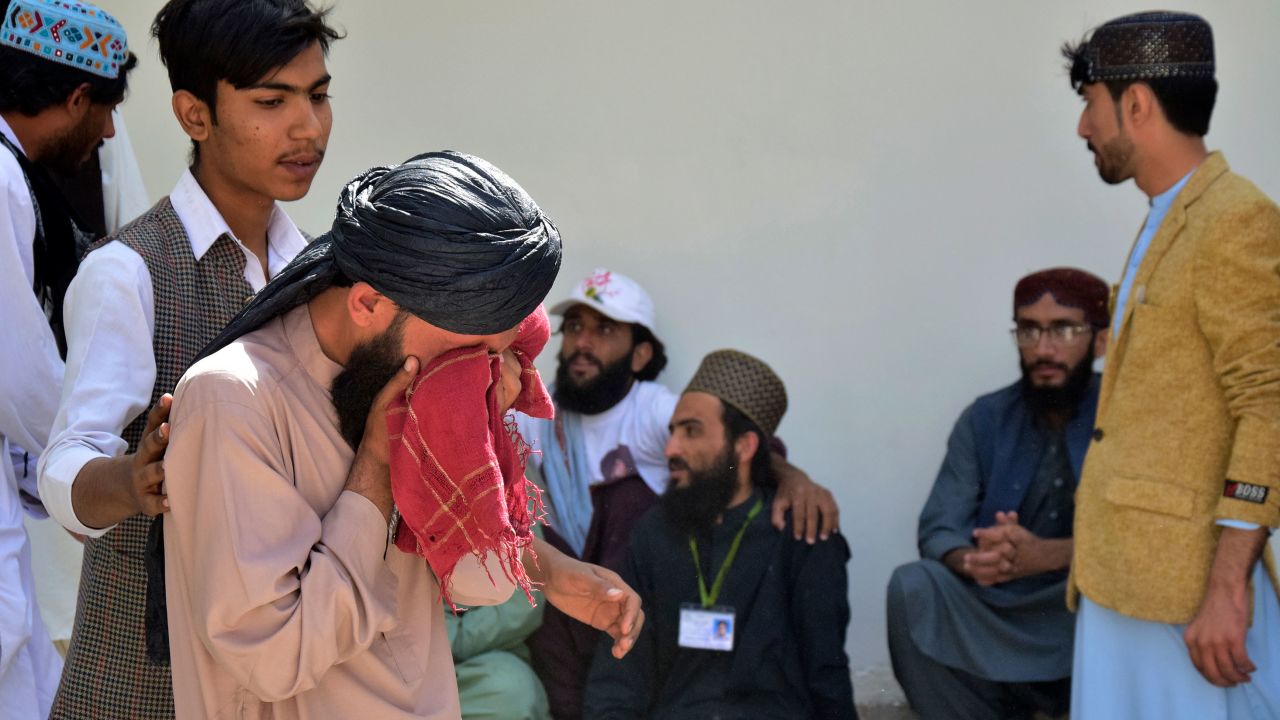
The second blast, in Khyber Pakhtunkhwa province, occurred just hours later. Local police said two men on bikes had started shooting at their officers outside the Hangu mosque, before targeting the building with explosives.
One of the attackers detonated an explosive close to the mosque’s entrance, while the other detonated one inside the building, local police officer Saaleh Muhammad told CNN.
Muhammad told CNN that the sound of the shooting and the first explosion had caused most worshipers inside the mosque to flee – but some were still inside when the second explosive detonated, causing the mosque’s roof to collapse and trapping an unknown number of people.
The US ambassador to Pakistan, Donald Blome, condemned the deadly blasts Friday. “The Pakistani people deserve to gather and celebrate their faith without the fear of terror attacks like the ones today in Balochistan and KP,” Blome said in a statement posted by the US embassy on X, formerly known as Twitter.

